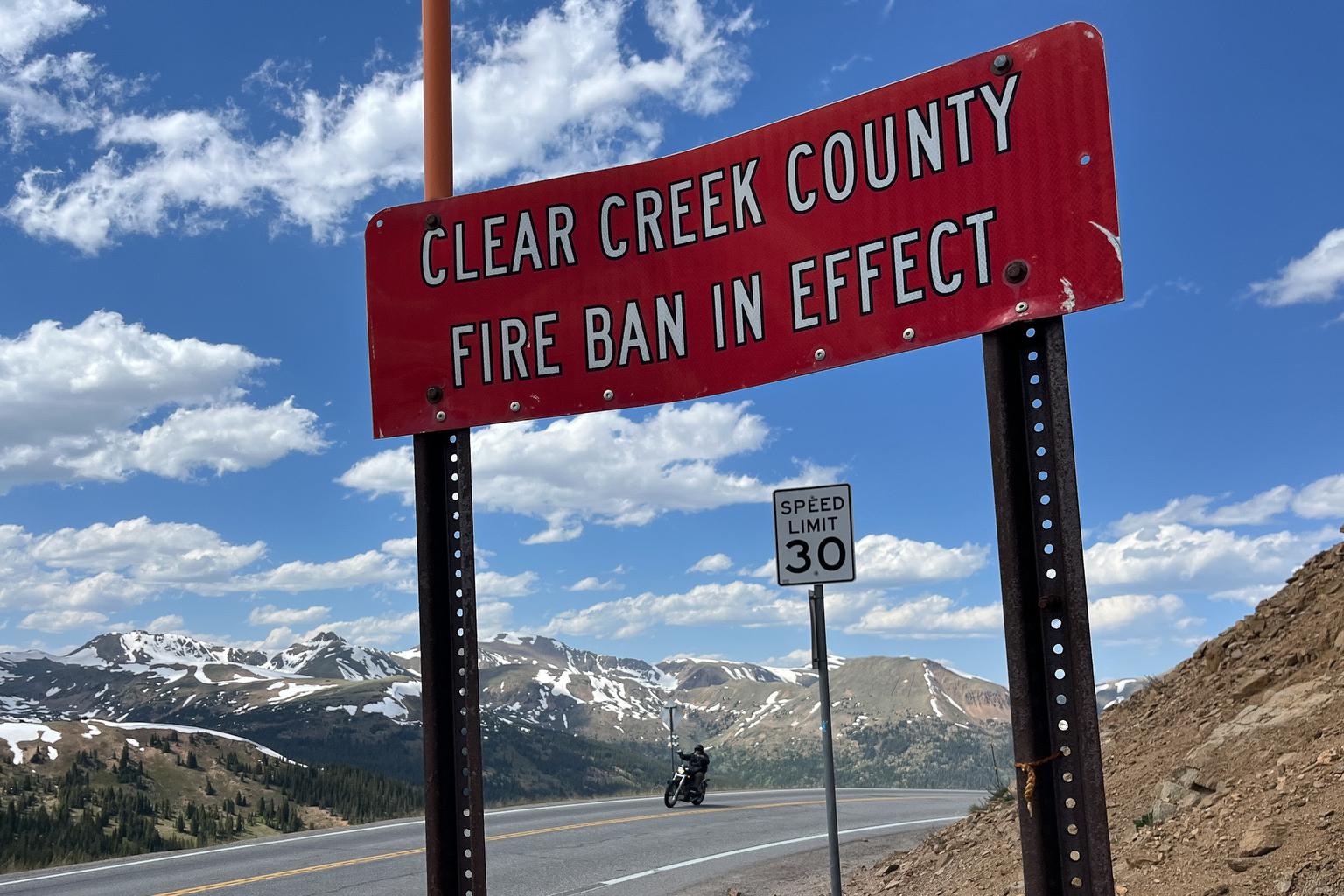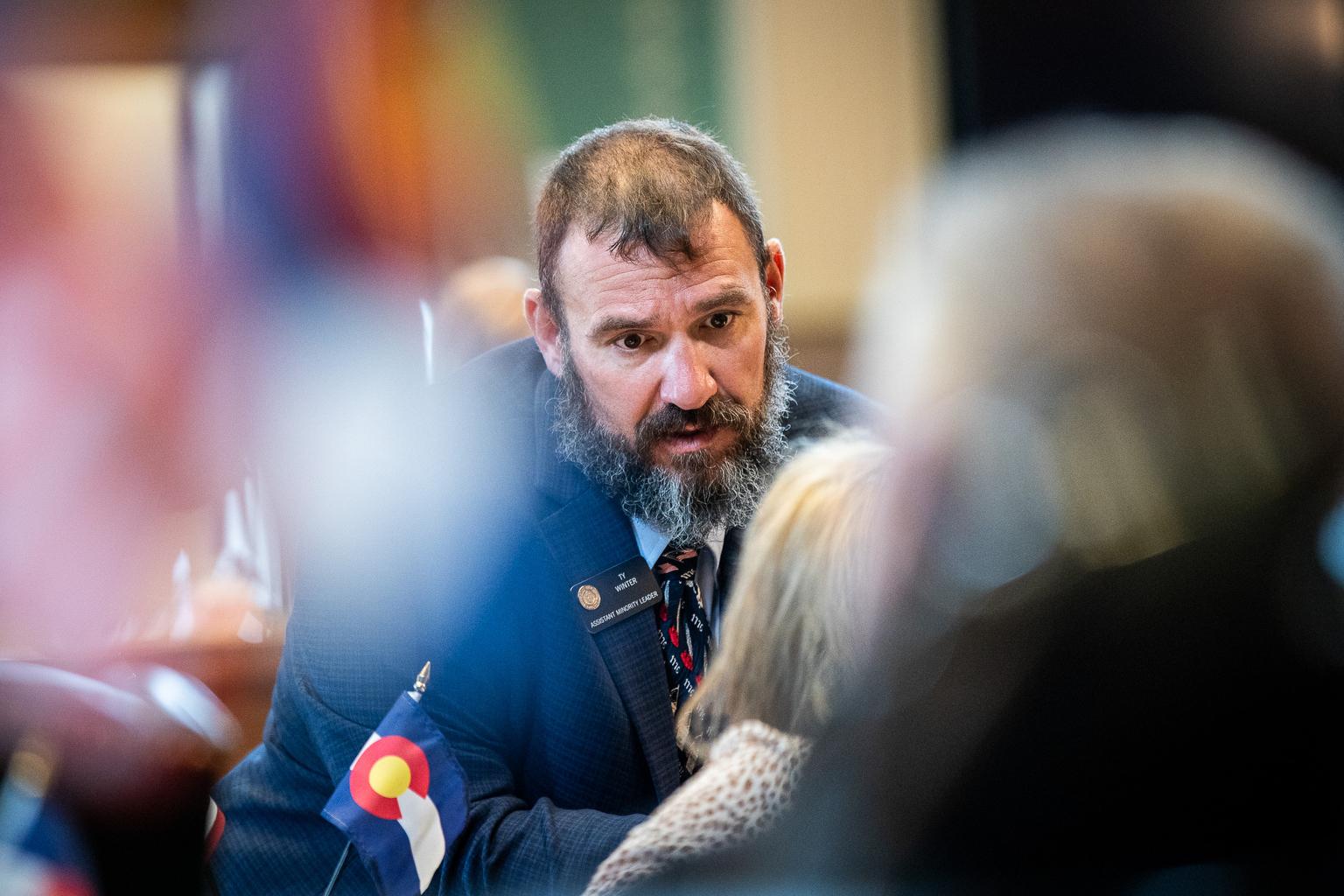
It’s supposed to be a grand bargain.
The Colorado legislature appears on course to pass a relatively small property tax cut this week. In exchange, conservative advocates have agreed to cancel their own campaign to cut taxes much more deeply with a pair of ballot measures this November.
If it works, both sides can claim victory, and years of tinkering with the property tax system may finally be at an end. There’s one little issue, though: How do you make a deal like this stick?
That’s a fundamental challenge in a state where citizens are guaranteed the right to propose, and vote on, taxes and other issues. Some lawmakers are worried that even if they pass a tax package now, they could find themselves in exactly the same situation down the road. What is to keep some group from using the initiative process to force more changes in a year or two?
“How confident are you all in the deal? Have you looked these people, the proponents, in the eye, and got a confirmation from them?” asked Rep. Leslie Herod, a Democrat, in a committee hearing on Monday.
Much of the conversation over the last few years has been driven by the conservative group Advance Colorado and the business group Colorado Concern, which have regularly threatened to run these kinds of tax-cutting measures. In response, lawmakers passed a number of earlier tax bills, aimed at either appeasing the groups, or heading them off.
It shouldn’t be too difficult to enforce the deal, said Democratic Sen. Chris Hansen, one of the lead negotiators on this year’s bill. He suggested that political leaders could sign a memorandum of understanding with the tax-cut campaigners. The groups have already distributed a letter promising to hold up their end of this year's bargain.
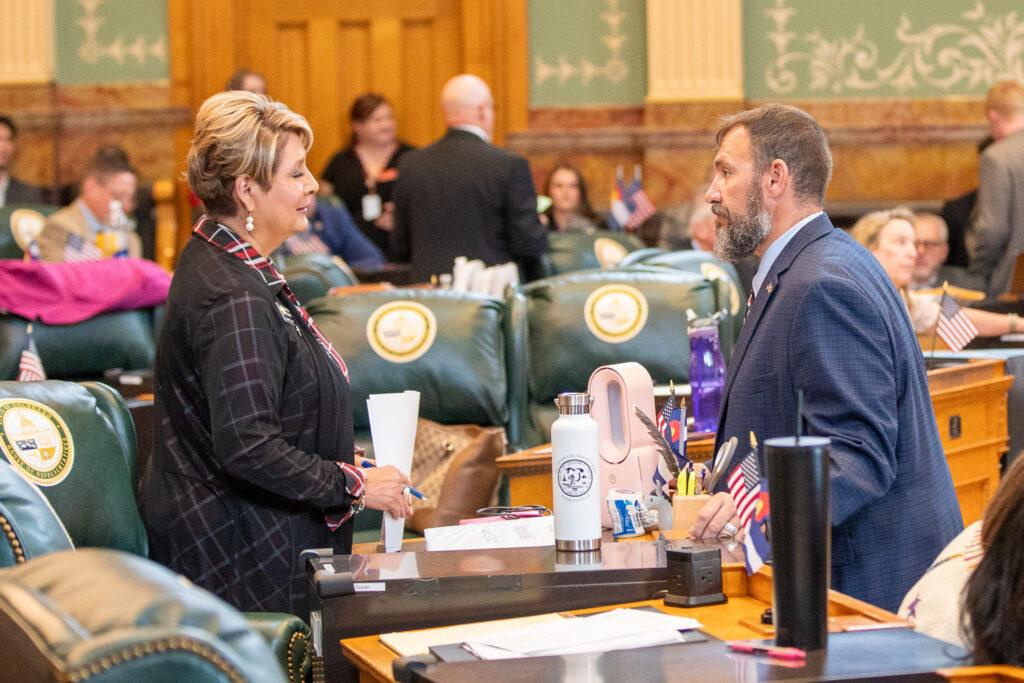
“Our organizations are committed to a path forward that would provide property tax relief for Colorado taxpayers and bring much needed certainty to the discussion around property taxes,” reads the letter, which also was signed by the leader of the Denver Metro Chamber of Commerce.
The letter promised that if the “agreed-upon legislation is signed into law,” then the groups would withdraw Initiative 108 and Initiative 50. Initiative 108 would reduce property tax collections by more than $2 billion per year — making it ten times more impactful than the compromise measure being debated at the legislature. Initiative 50 would implement a strict statewide cap on property taxes.
The business-conservative alliance also promises that it will not pursue any other property tax cuts “for at least 6 years.”
The truce also would apply to the anonymous donors fueling this year’s ballot measures, said campaign leader Michael Fields.
But what about everyone else? Another group could also raise some money, collect signatures, and put their own tax cuts on the ballot.
But some Democrats complain they’re being “held hostage” by ballot measures, with recklessly large tax proposals forcing them to act. And they have a plan to stop that by creating legal barriers to future statewide property tax cuts.
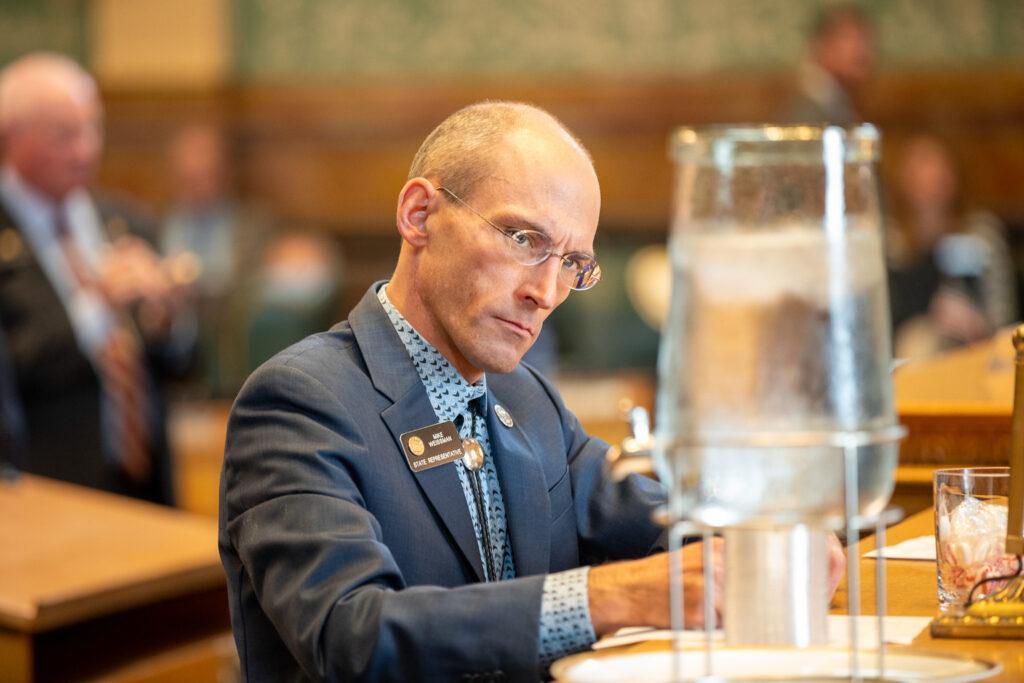
Rep. Mike Weissman has introduced a proposed constitutional amendment that would effectively leave decisions about property taxes to the voters in each local district. No longer could a single statewide law force reductions in all districts’ revenues. If it were put on the ballot and passed by voters this November, the amendment would require local approval of any cuts to local tax revenues.
“Property taxes are local taxes. They fund local government, not state government,” Weissman said. “So elections to impact them, initiatives to impact them, should really be decided locally.”
Some conservatives have attacked Weissman’s idea, saying that it would be wrong to take away tax-cutting power from voters at the state level. Local voters do not have the power to initiate property tax cuts for schools, special districts and most counties. So, removing the statewide option would mean that only local officials in many districts could cut tax rates.
“I am adamantly opposed to infringing on anybody's ability, any person's ability, to be able to bring a property tax or any other measure to the ballot and have the people decide,” said Republican House Minority Leader Rose Pugliese.
Weissman’s proposed amendment passed a committee hearing on Monday. It’s unclear how the tax-freezing proposal would affect the bigger tax compromise.
Michael Fields, who is running the ballot measure campaigns, declined to comment on that issue. Sen. Barbara Kirkmeyer described the amendment to CPR News as a “deal killer.”
The tax-freezing measure faces a tough road, requiring two-thirds approval in the legislature to pass. To get there, it would need the support of at least one Republican Senator.
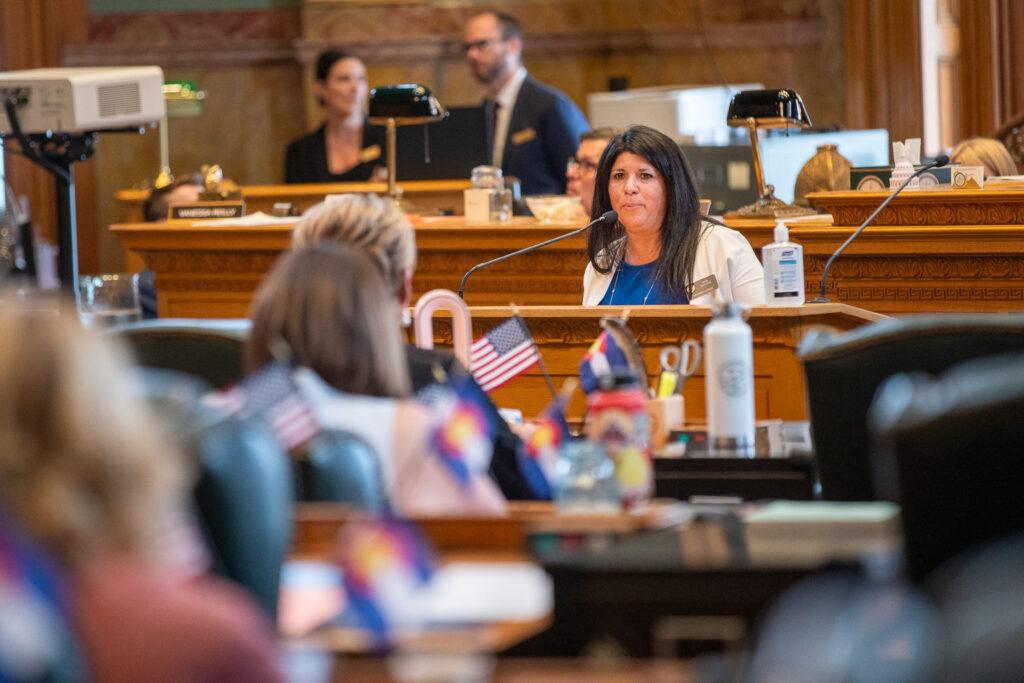
Sen. Paul Lundeen, the Republican minority leader in that chamber, said that ultimately, the grand compromise will have to rest on faith.
“A gentle-person's agreement is all that can happen, and a gentle-person cannot bind a future general assembly, nor can a gentle-person bind the people of Colorado” from running ballot initiatives, he said.
Also complicating the picture for lawmakers who hope to get through this special session quickly: Other Democrats and Republicans have also introduced their own raft of measures.
Some want to tweak the property tax formula in ways that favor various groups. A committee gave a unanimous preliminary approval to a measure that would offer discounts to properties that are accessible to people with disabilities.
Meanwhile, committees killed off a slate of other proposals Monday, including one to study the elimination of property taxes altogether, and another to allow local governments to introduce land-use taxes.
The session will last at least until Thursday.
Editor’s note: This article was updated Aug. 26, 2024 with further comment from Michael Fields.

